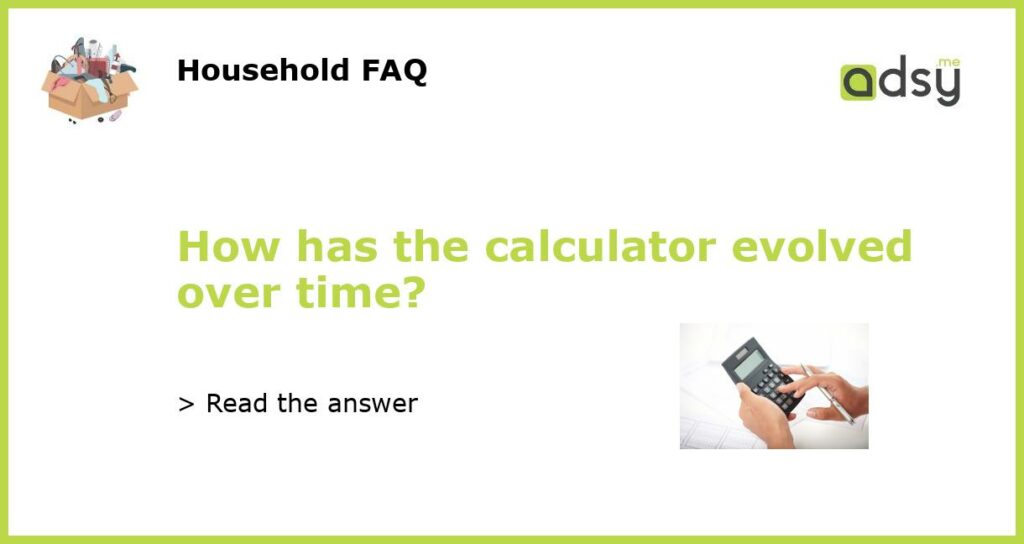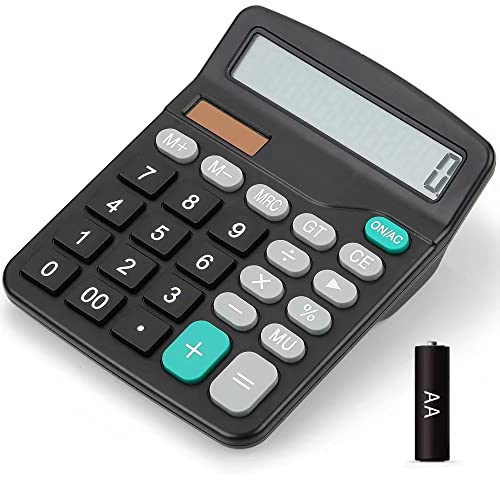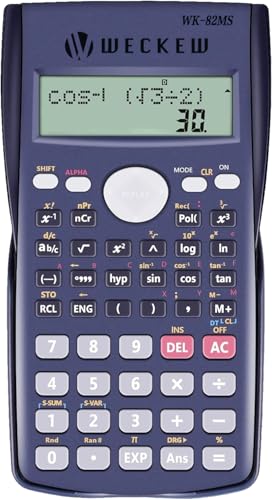The humble beginnings of the calculator
The earliest forms of calculators were basic devices, such as the abacus, that could perform simple arithmetic calculations. These devices were used by merchants and traders in ancient civilizations, such as Greece, Rome, and China. The abacus was a simple counting tool that made use of beads, rods, or stones, and was instrumental in developing arithmetic skills in people.
The emergence of mechanical calculators
In the 17th century, the mechanical calculator was invented, which was a significant step towards more advanced calculations. One of the earliest mechanical calculators was the Pascaline, invented by French mathematician Blaise Pascal in 1642. The Pascaline was the first machine capable of adding and subtracting numbers, and it paved the way for further developments in calculators.
Electronic calculators take center stage
The 1960s saw the emergence of electronic calculators, which were faster, smaller, and more efficient than their mechanical predecessors. One of the earliest electronic calculators was the ANITA MK VII, released in 1961. The ANITA was the first calculator to use transistors instead of vacuum tubes, making it smaller and more reliable.
Modern-day calculators
The calculators we use today are a far cry from their humble beginnings. Today’s calculators are much more advanced and can perform complex mathematical calculations, graphing functions, and more. Additionally, some scientific calculators can perform calculus, logarithmic, and trigonometric equations. Besides, there are software applications such as Mathway, which provide quick assistance in solving math problems without requiring the installation of extra hardware.
The future of calculators
With the rise of artificial intelligence, machine learning, and quantum computing, calculators are poised to become even more advanced. One potential development is the ability to perform complex mathematical calculations in real-time, without the need for external hardware or software. As technology advances, we can expect calculators to become smarter, faster, and more efficient, making math not only more comfortable but even more accessible to people so that they can tackle modern-day problems and excel in their fields.






